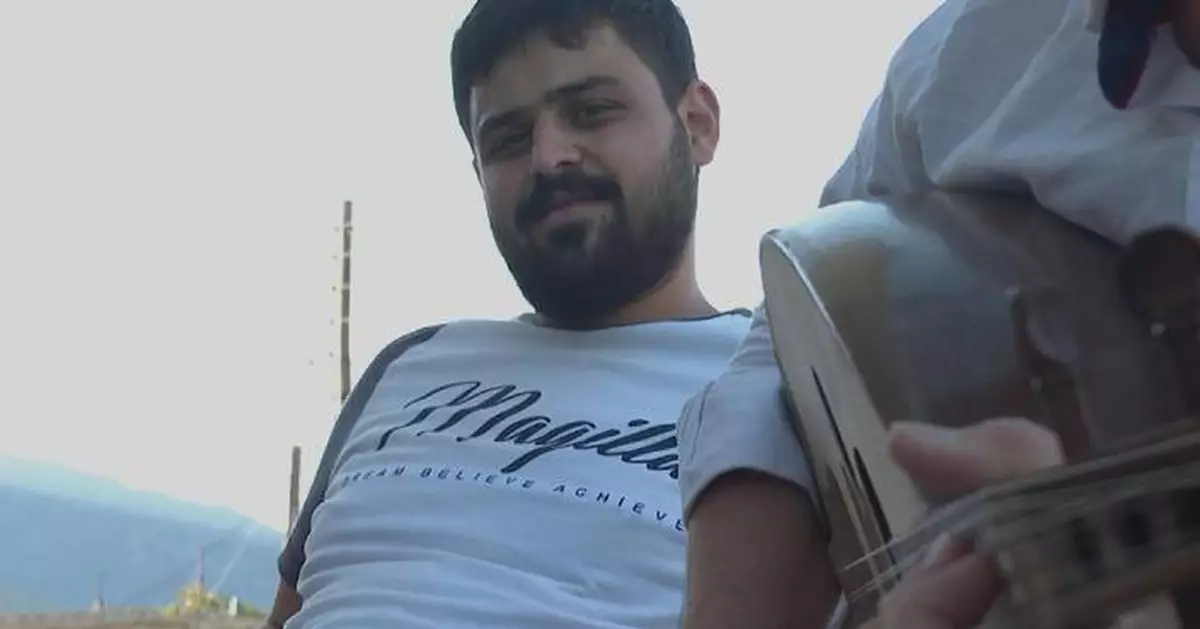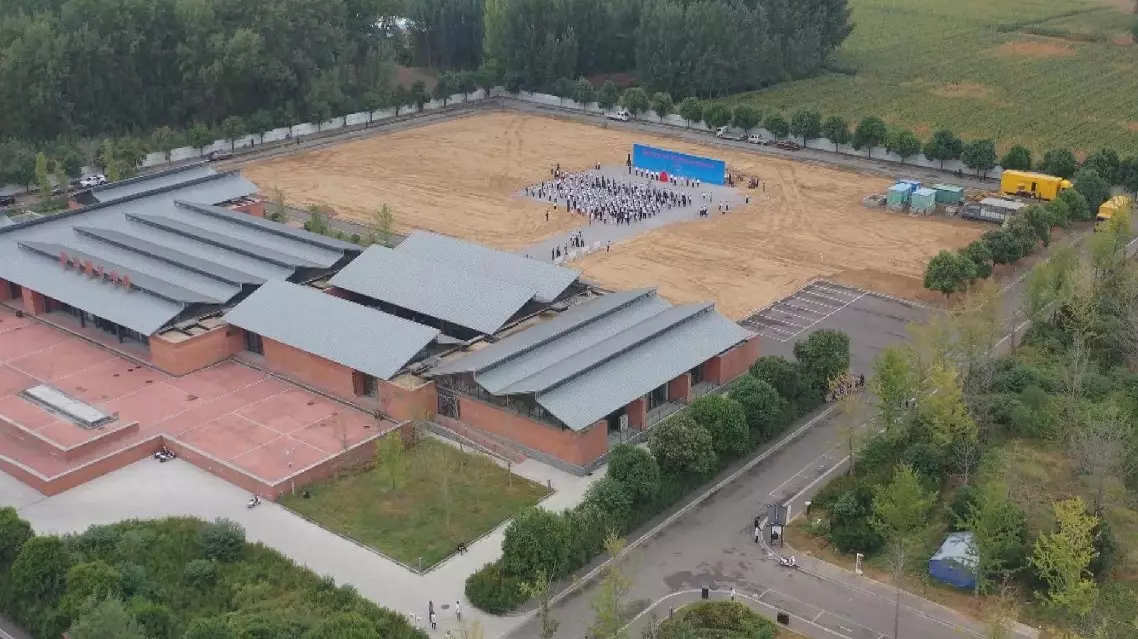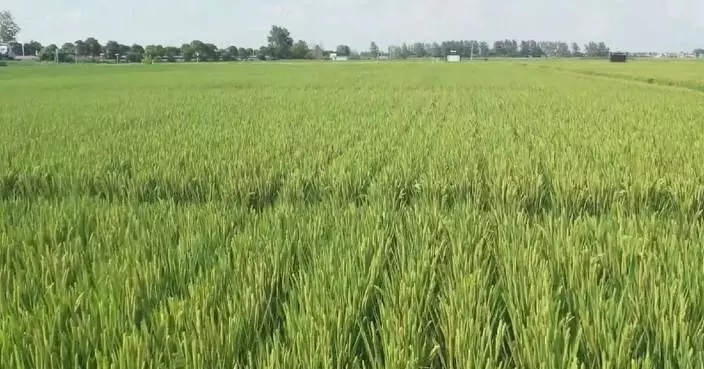Thirteen years after the outbreak of the Syrian civil war, the country is facing a huge "brain-drain" due to growing economic hardship, with many young people who grew up during the war forced to leave their homes in search of greener pastures.
The ongoing conflict is casting its shadow across the country, marked by widespread displacement, inadequate services, as well as infrastructure and economic collapse.
In the central Syrian province of Hama, towering mountains and long roads have not been able to ward off the consequences of the war from this place. Youssef is one of the most outstanding students from a remote mountainous village. After completing seven years of medical school, he decided to leave Syria and work in Germany.
Despite growing up in the midst of war, Youssef feels deeply attached to his hometown.
"I used to swim here when I was a child. I used to swim here. We used to play football on that field. I think it's obvious it's a football field. You see it, a little one. With my cousins and my neighbors and everyone, we used to play from sunrise to sunset," said Youssef.
In 2016, the war reached this remote village. Mortars sporadically landed in the village from the other side of the mountains, resulting in civilian casualties. For the next five or six years, Youssef and the others did not dare to go out.
"It's Idlib [the area controlled by armed opposition groups]. It's right there. It doesn't even have any army there, just the people. It was really sad. Some children died and women, a lot of innocent people (were killed). It's heartbreaking actually. Innocent people just standing, like we're now, having fun, suddenly a missile hit them. And this is really sad. I stayed in the house because it was really dangerous. It lasted actually from 2016 till now," said Youssef.
Before the war, Youssef's family was relatively well off. But after years of conflict, the family is left with almost nothing in hand due to currency devaluation. The average salary in the country is not enough to put food on the table, and young people see no future.
Youssef explained that aside from safety concerns, young people are forced to travel abroad to support themselves. He is his family's hope, and frequently sends money back to Syria to support them.
"The economic conditions are the main reason that force people to travel," said Youssef.
According to Syrian media, the country is losing 80 percent of its doctors and more than half of its engineers, professors and other skilled workers. The Syrian government has introduced a number of measures to help young people find jobs, in an attempt to mitigate the effects of the war.
A report in March by the United Nations (UN) said that 16.7 million people, which makes up roughly 75 percent of the Syrian population, are projected to require humanitarian assistance this year, the highest number of people in need since 2011.
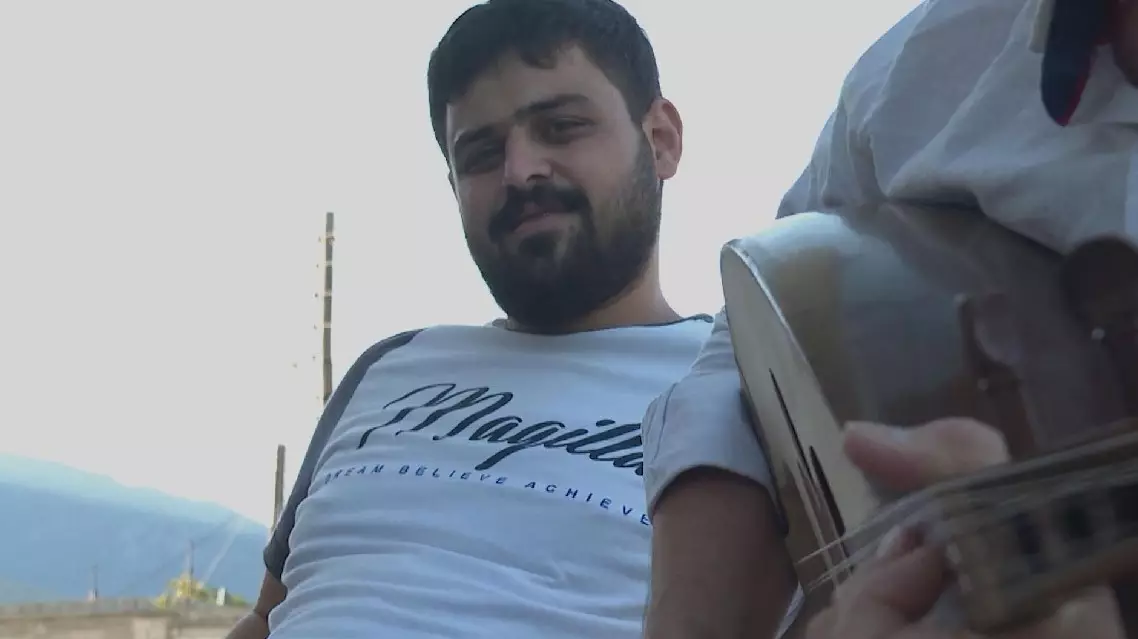
Syria faces "brain-drain" due to growing economic hardship amid ongoing conflict
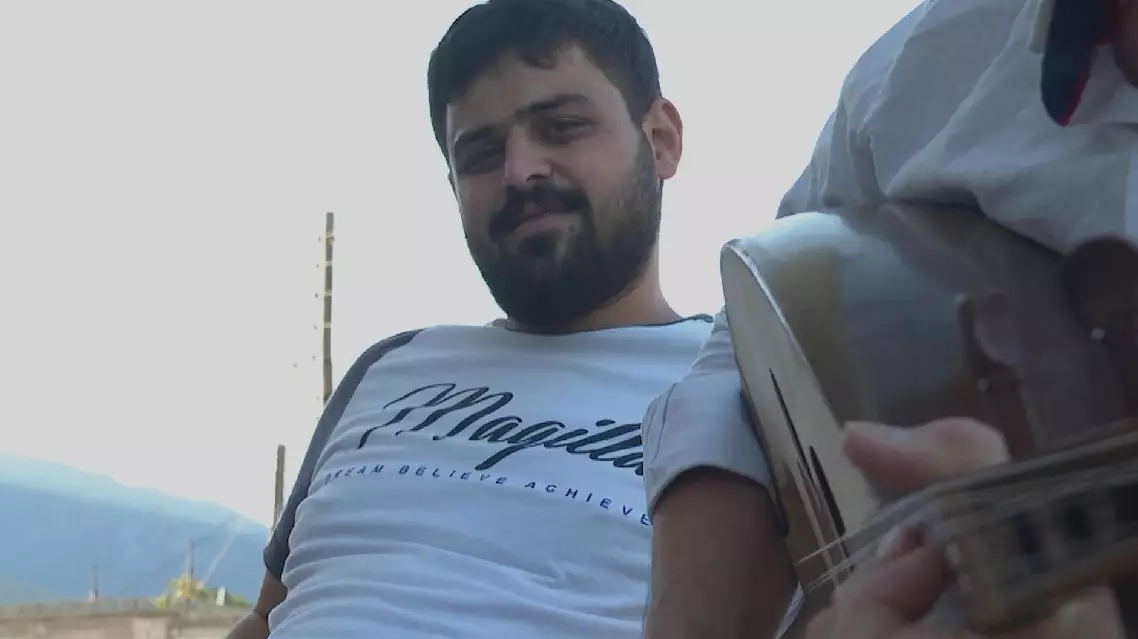
Syria faces "brain-drain" due to growing economic hardship amid ongoing conflict
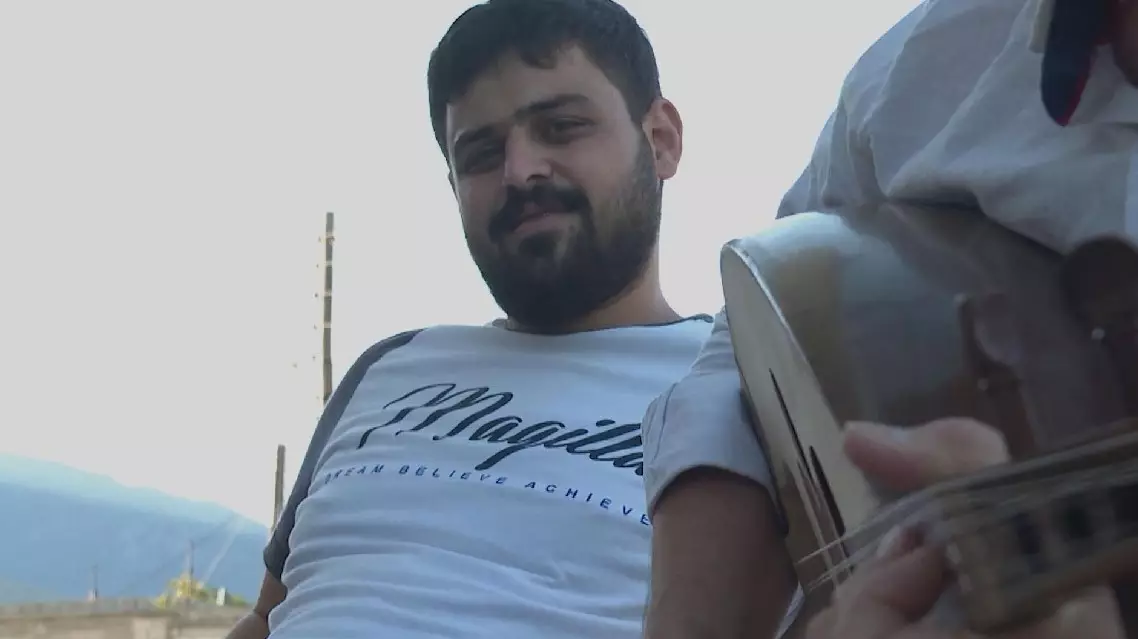
Syria faces "brain-drain" due to growing economic hardship amid ongoing conflict


